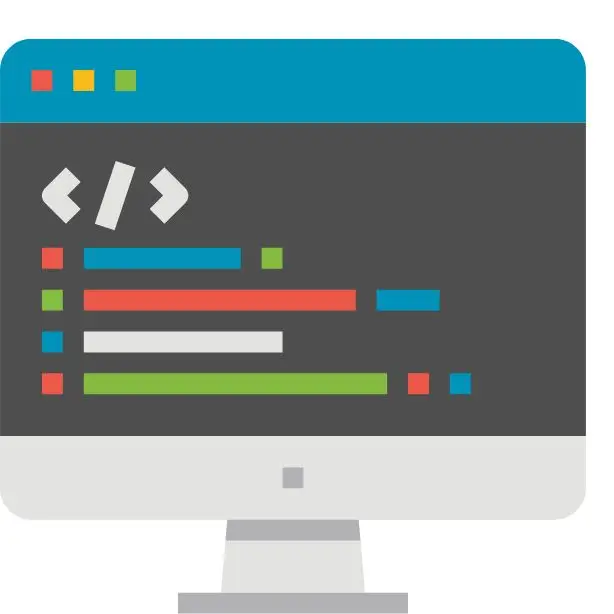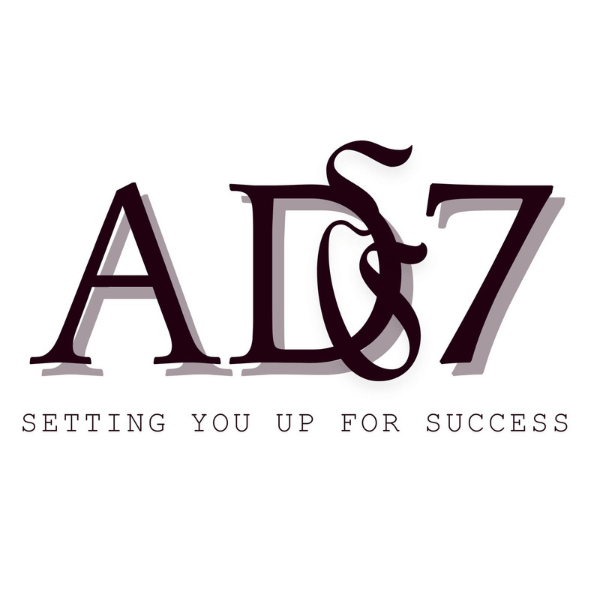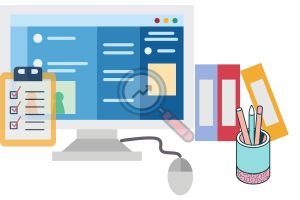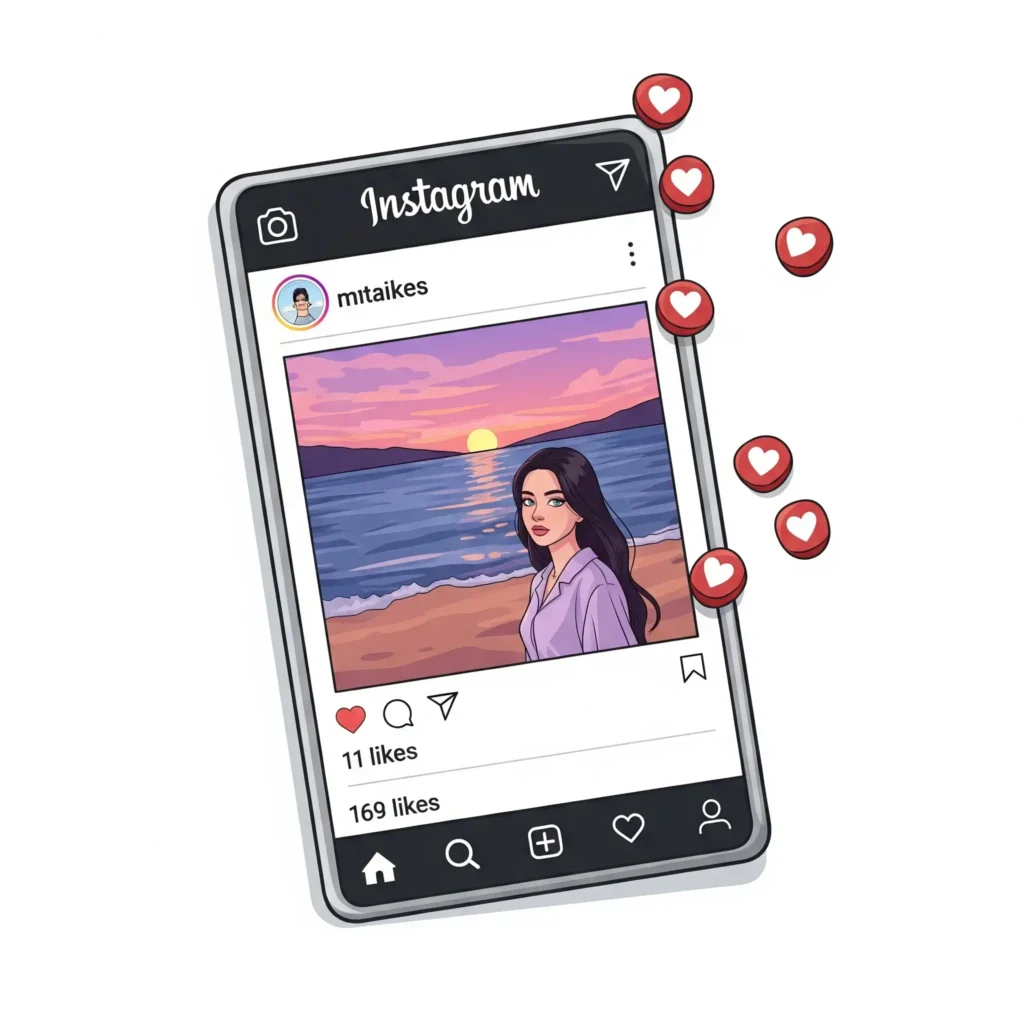What is On-Page SEO?
On-Page SEO is all about making parts of your website better so it can show up more in search engines like Google. It’s very important because it ensures that your site not only attracts visitors but also provides them with a great experience once they arrive. When you optimize these parts, you’re helping search engines understand your content better, which can lead to more visibility in search results.
Think of it like organizing your room. If everything is neat and easy to find, people will enjoy hanging out there more. The same goes for your website! By focusing on things like page titles, meta descriptions, headings, and URLs, you help both visitors and search engines understand what your site is about.
In this guide, we’ll look at the main parts of On-Page SEO. Whether you have a business, a blog, or just want to get more attention online, it’s important to know these basics.
On-Page SEO Include the Following Components:

1. Page Titles
Page titles are the names of your web pages. They appear at the top of your browser and in search results. Think of them as the title of a book. You want it to be interesting and informative. For example, instead of just saying “Recipe,” you could say “Easy Chocolate Chip Cookies Recipe.” This tells people exactly what to expect and includes words they might search for. A good title helps grab attention and encourages people to click on your link.
2. Meta Descriptions
Meta descriptions are short summaries that show up under your page title in search results. They give a quick idea of what your page is about. Imagine you’re browsing and you see a bunch of links; a good meta description can make your page stand out. For instance, you could write: “Learn how to bake soft and chewy chocolate chip cookies in just 30 minutes! Perfect for dessert or a snack.” This gives potential visitors a reason to click on your link because they know they’ll find something helpful and tasty!
3. Headings (H1, H2, etc.)
Headings are like the chapters in a book. They help organize your content and make it easier to read. The H1 heading is usually your main title—like the title of your article. For example, if your page is about baking, your H1 might be “Baking Basics.” Then, you can use H2s for different sections, like “Ingredients You Need” or “Common Baking Mistakes.” This way, readers can quickly find the information they want, and search engines can understand the structure of your content better.
4. URL Structure
A clear URL is important because it tells people what your page is about before they even click on it. Instead of using a confusing link like “www.example.com/12345,” go for something simple and descriptive, like “www.example.com/easy-chocolate-chip-cookies.” This way, anyone looking at the link can guess what the page is about. A good URL helps both users and search engines understand your content, making it easier for everyone.
5. Image Optimization
Search engines can’t see images the way we do, so you have to help them out. This means giving your images descriptive names and adding alt text. For example, instead of naming a photo “IMG_1234,” you could name it “chocolate-chip-cookies.jpg.” The alt text might say “A plate of freshly baked chocolate chip cookies.” This helps search engines understand what the image is about, which can boost your chances of showing up in image searches. Plus, it’s great for accessibility, helping people who use screen readers.
6. Internal Linking
Internal linking is when you link to other pages on your own website. This is really useful for your visitors because it helps them find more of your content. For instance, if you write a blog post about cookie recipes, you might link to another post about baking tips. This not only keeps readers engaged but also helps search engines see how your pages are connected. When search engines understand these connections, they can figure out which pages are the most important on your site.
7. User Experience (UX)
User experience is all about how easy and enjoyable it is for people to use your website. If your site loads quickly, is easy to navigate, and looks good on both computers and mobile devices, visitors will have a better time. For example, if someone clicks on your site and it takes forever to load, they might just leave. A good user experience keeps people coming back because they know they can easily find what they’re looking for.
8. Page Speed
Page speed is very important for your website. If your website takes a long time to load, visitors might get frustrated and leave before they even see your content. To improve page speed, you can optimize images, reduce the size of files, and use a reliable hosting service. Fast-loading pages not only keep users happy but also help you rank higher in search results because search engines favor sites that provide a good experience.
9. Schema Markup
Schema markup is a special kind of code you can add to your website. It helps search engines understand your content better. Think of it as giving extra hints about what your page is about. For example, if you have a recipe page, using schema can show things like cooking times or ratings directly in search results. This can make your listing stand out and attract more clicks because it looks more appealing and informative.

10. Security (HTTPS)
Having a secure website is more important than ever. When you use HTTPS encryption, it protects people’s information when they visit your site. Google likes secure websites, so if your site has HTTPS, it can help improve your rankings in search results. Plus, visitors are more likely to trust your site when they see that it’s secure.
11. Mobile Friendliness
These days, many people use their phones to browse the internet. It’s essential that your website looks good and works well on mobile devices. If someone visits your site on their phone and it’s hard to read or navigate, they’ll likely leave. A mobile-friendly design provides a better experience for those users and can lead to higher rankings in mobile search results.
12. Content Quality
Creating valuable and helpful content is key. When your content answers questions or solves problems for people, they’re more likely to stick around longer. For example, if you provide great tips for baking cookies, readers will appreciate it and may return for more. Good content is crucial for SEO because search engines like Google want to show the best and most useful results to their users. The longer people stay on your site, the better it is for your rankings!
Each of these component serves a specific purpose in helping search engines understand your site’s relevance to users’ search queries. By focusing on these On-Page SEO components, you can improve how your website performs in search engines.





